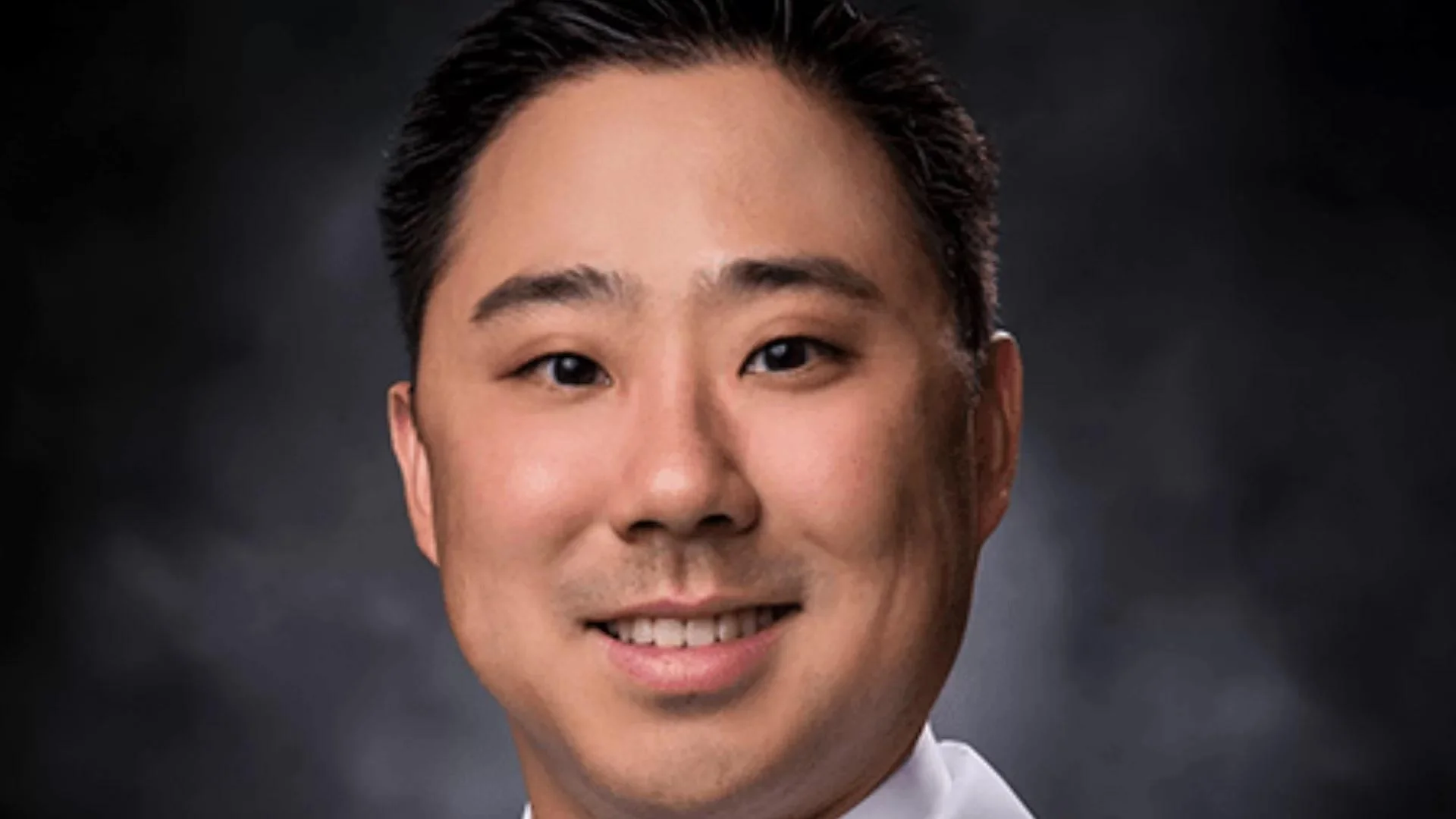Dr. Brian Lee | Scottsdale Sinus and Allergy Center
Dr. Brian Lee | Scottsdale Sinus and Allergy Center
- People suffering from chronic sinus problems are more likely to breathe through their mouths.
- Mouth breathing can lead to oral health issues and sleep disorders.
- Some signs that you are a mouth breather include sleeping with your mouth open, snoring, drooling while sleeping, and irritability during the day.
“Usually patients with chronic sinusitis have issues breathing through the nose,” Dr. Lee told the PHX Reporter. “Most patients come in saying that they're chronic mouth breathers, don't sleep very well, wake up with a really dry mouth, and start snoring more or louder. A lot of that just comes down to their nose being plugged and not functioning properly.”
People who suffer from allergies or chronic sinus problems are more likely to breathe through their mouths, but mouth breathing can lead to oral health issues, according to McCarl Dental Group. Mouth breathing dries up saliva, allowing bacteria and plaque to build up on the teeth, which can cause cavities, gum disease, and chronic bad breath. Over time, regularly breathing through the mouth can also lead to strained jaw joints, snoring, sleep apnea, enlarged tonsils, and a higher risk for airway disorders, such as asthma.
KTM Yoga reports that although most people should breathe through their noses most of the time, as much as 60% of adults often breathe through their mouths. Hair and mucus within the nose act as filters that trap bacteria and dust. Nasal breathing also increases oxygen intake and boosts brain activity. Another benefit of breathing through the nose is that it helps to slow airflow, which widens blood vessels and slows the heart rate, leading to a feeling of calm.
According to Healthline, mouth breathing dries out the mouth, creating the proper environment for gingivitis and cavity development. Overall, nose breathing is more beneficial than mouth breathing.
Chronic sinus problems are one reason that people may begin snoring, according to Kaplan Sinus Relief. Short-term effects of snoring include fatigue during the day, headaches, chest pain during the night, and a sore throat in the morning. Snoring takes place when your body is unable to breathe properly through the nose while sleeping, which can happen when the sinuses are inflamed or infected. Breathing through the mouth while sleeping causes the airways to narrow, and the soft tissues in the throat vibrate, causing the snoring sound.
According to Scottsdale Sinus and Allergy's website, Dr. Brian Lee graduated from Loma Linda University School of Medicine and was a member of the Alpha Omega Alpha Honor Society. He completed his internship and residency in otolaryngology (head and neck surgery) at the University of Southern California. Dr. Lee was named one of the Valley's "Top Doctors" by Phoenix Magazine in 2015 and 2016.






 Alerts Sign-up
Alerts Sign-up